12 Questions Retirees Often Get Wrong About Taxes in Retirement
You worked hard to build your retirement nest egg. But do you know how to minimize taxes on your savings?

Profit and prosper with the best of Kiplinger's advice on investing, taxes, retirement, personal finance and much more. Delivered daily. Enter your email in the box and click Sign Me Up.
You are now subscribed
Your newsletter sign-up was successful
Want to add more newsletters?

Delivered daily
Kiplinger Today
Profit and prosper with the best of Kiplinger's advice on investing, taxes, retirement, personal finance and much more delivered daily. Smart money moves start here.

Sent five days a week
Kiplinger A Step Ahead
Get practical help to make better financial decisions in your everyday life, from spending to savings on top deals.

Delivered daily
Kiplinger Closing Bell
Get today's biggest financial and investing headlines delivered to your inbox every day the U.S. stock market is open.

Sent twice a week
Kiplinger Adviser Intel
Financial pros across the country share best practices and fresh tactics to preserve and grow your wealth.

Delivered weekly
Kiplinger Tax Tips
Trim your federal and state tax bills with practical tax-planning and tax-cutting strategies.

Sent twice a week
Kiplinger Retirement Tips
Your twice-a-week guide to planning and enjoying a financially secure and richly rewarding retirement

Sent bimonthly.
Kiplinger Adviser Angle
Insights for advisers, wealth managers and other financial professionals.

Sent twice a week
Kiplinger Investing Weekly
Your twice-a-week roundup of promising stocks, funds, companies and industries you should consider, ones you should avoid, and why.

Sent weekly for six weeks
Kiplinger Invest for Retirement
Your step-by-step six-part series on how to invest for retirement, from devising a successful strategy to exactly which investments to choose.
Taxes in retirement can be a nightmare for many people with today's complex rules and regulations. 401(k) plans, IRAs and other retirement accounts come with many tax traps that even the smartest investors fail to see. Therefore, it shouldn't be a big shock that retirees aren't always up to date on every part of the tax code and, as a result, end up paying more in taxes than is necessary. Now that you've put together your retirement nest egg, you want to make sure that you're not overpaying Uncle Sam. To help you evaluate your current tax knowledge, here are 12 questions retirees often get wrong about taxes in retirement. Take a look and see how much you really understand about your own tax situation.
(And check out our State-by-State Guide to Taxes on Retirees to learn more about how you will be taxed by your state during retirement.)

Tax Rates in Retirement
Question: When you retire, is your tax rate going to be higher or lower than it was when you were working?
Answer: It depends. Many people make their retirement plans with the assumption that they'll fall into a lower tax bracket once they retire. But that's often not the case, for the following three reasons.
1. Retirees typically no longer have all the tax deductions they once did. Their homes are paid off or close to it, so there's no mortgage interest deduction. There are also no kids to claim as dependents, or annual tax-deferred 401(k) contributions to reduce income. So, almost all your income will be taxable during retirement.
2. Retirees want to have fun — which costs money. If you're like many newly retired folks, you might want to travel and engage in the hobbies you didn't have time for before, and that doesn't come cheap. So, the income you set aside for yourself in retirement may not be much lower than what you were making in your job.
3. Future tax rates may be higher than they are today. Let's face it…tax rates now are low when viewed in a historical context. The top tax rate of 37% is a bargain compared with the 94% of the 1940s and even the 70% range as recently as the 1970s. And considering today's political climate and growing national debt, future tax rates could end up much higher than they are today.

Taxation of Social Security Benefits
Question: Are Social Security benefits taxable?
Answer: Yes. Depending on your "provisional income," up to 85% of your Social Security benefits are subject to federal income taxes. To determine your provisional income, take your modified adjusted gross income, add half of your Social Security benefits and add all of your tax-exempt interest.
If you're married and file taxes jointly, here's what you'll be looking at:
- If your provisional income is less than $32,000 ($25,000 for singles), there's no tax on your Social Security benefits.
- If your income is between $32,000 and $44,000 ($25,000 to $34,000 for singles), then up to 50% of your Social Security benefits can be taxed.
- If your income is more than $44,000 ($34,000 for singles), then up to 85% of your Social Security benefits are taxable.
The IRS has a handy calculator that can help you determine whether your benefits are taxable. You should also check out Calculating Taxes on Social Security Benefits.
And don't forget state taxes. In most states, Social Security benefits are tax-free. But there are still a handful of states that tax Social Security benefits at least to some extent.
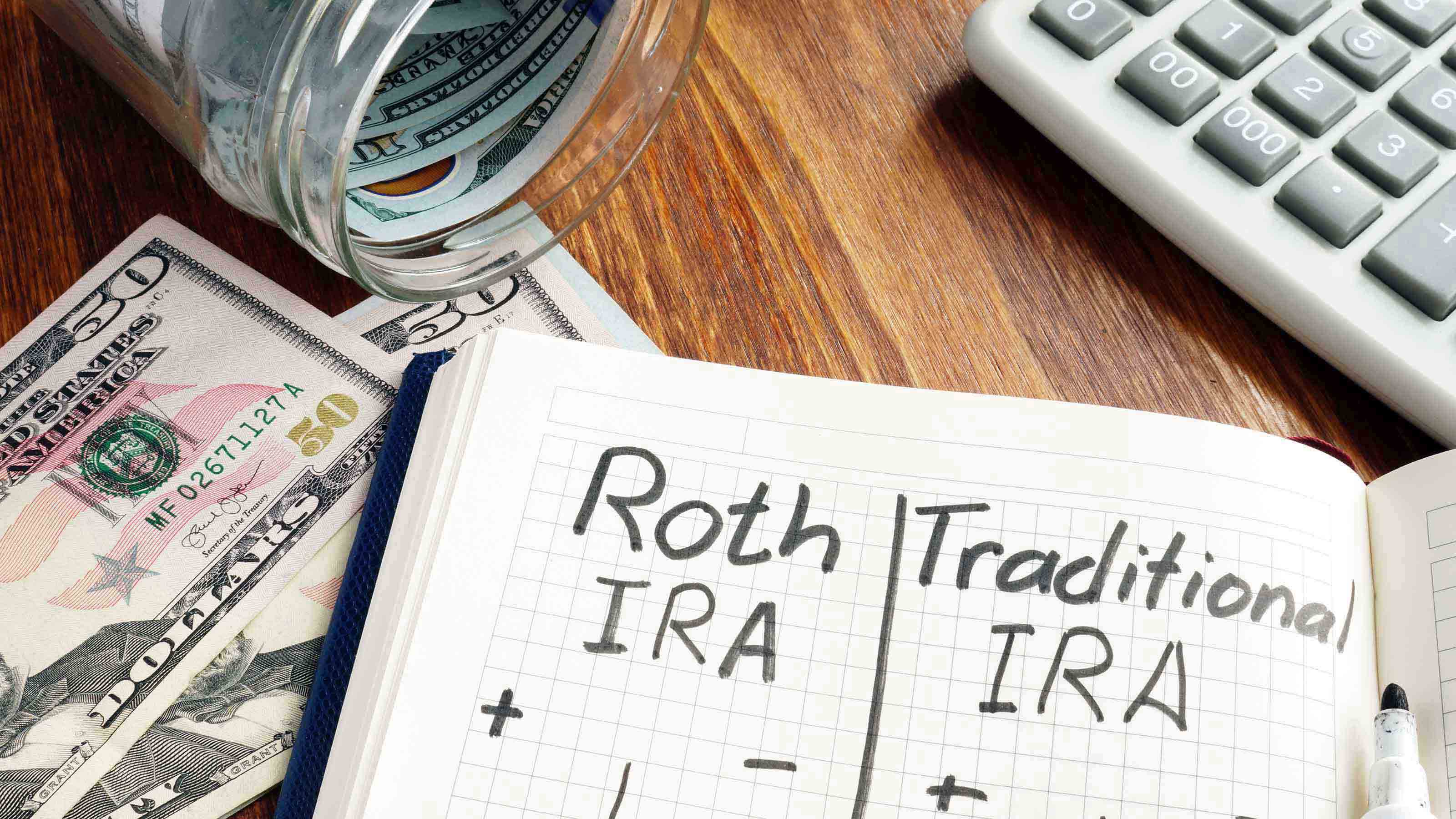
IRA Contributions
Question: Can you still contribute to an IRA after you retire?
Answer: Yes. All retirees can contribute to traditional or Roth IRAs if they earn a salary. In the past, the cutoff age was 70½ for contributing to traditional IRAs, but that age-based restriction was repealed a few years ago.
If you're younger than age 50, the maximum amount you can contribute to an IRA for 2022 is $6,000. Anyone age 50 or over can add an extra $1,000 per year as a "catch-up" contribution, bringing the maximum IRA contribution for 2022 to $7,000. In order to contribute to an IRA, you must receive money from a job. Additionally, you can't put more into the account than what you have earned.
Your contributions to a traditional IRA may also be tax-deductible. If you or your spouse don't have a retirement plan at work, you can deduct the full contribution to your traditional IRA, no matter how much you earn.
For a Roth IRA, contributions aren't tax-deductible. Instead, money goes into a Roth IRA after taxes have been paid on it. You can then withdraw contributions free of taxes or penalties at any time. The earnings can also be withdrawn tax-free and without penalty once you've owned the account for five years and you're at least age 59½. Moreover, Roth IRAs don't have required minimum distributions, and the amount that can be contributed to a Roth IRA is subject to income limits.
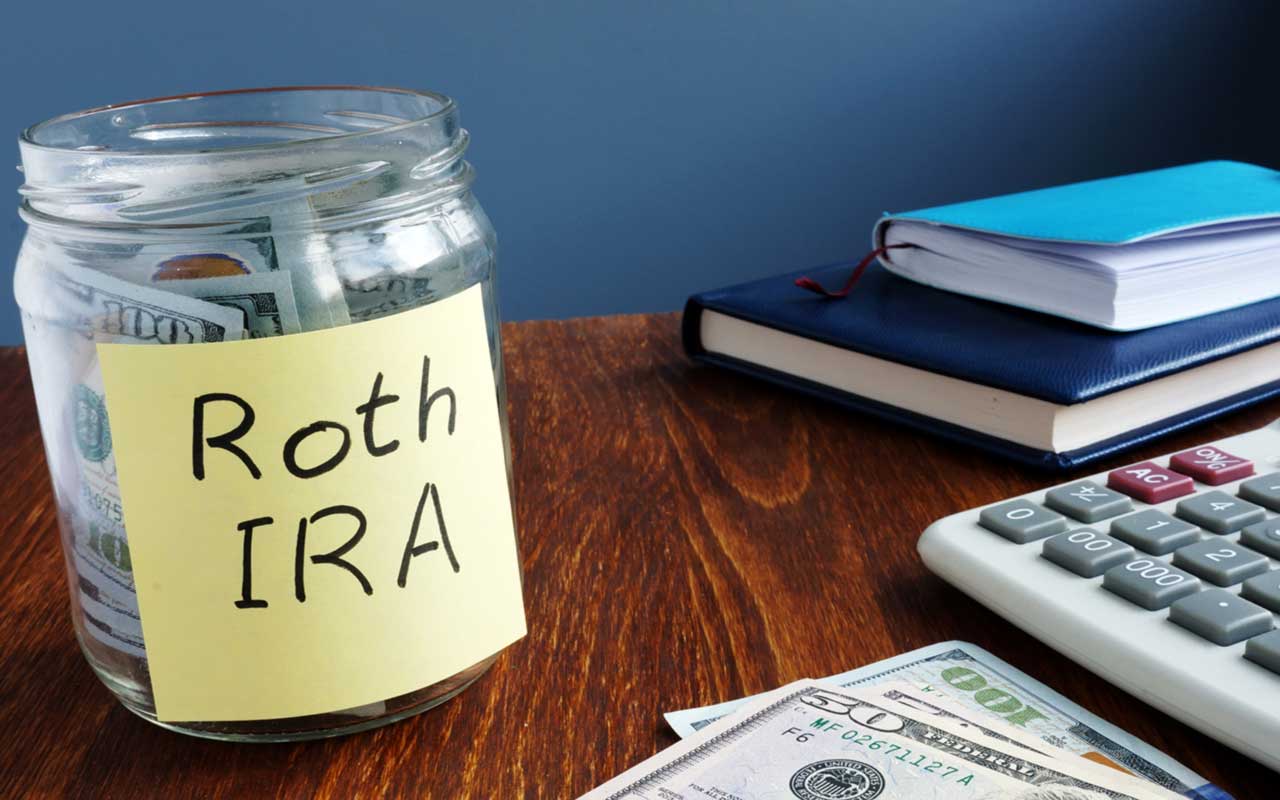
Withdrawals from Roth IRAs
Question: Are withdrawals from Roth IRAs tax-free once you retire?
Answer: Yes. Roth IRAs come with a big long-term tax advantage: Unlike their 401(k) and traditional IRA cousins — which are funded with pretax dollars — you pay the taxes on your contributions to Roths up front, so your withdrawals are tax-free once you retire. One important caveat is that you must have held your account for at least five years before you can take tax-free withdrawals. And while you can withdraw the amount you contributed at any time tax-free, you must be at least age 59½ to be able to withdraw the gains without facing a 10% early-withdrawal penalty.

Taxation of Rollovers From a 401(k) to an IRA
Question: Are post-retirement rollovers from a 401(k) plan to a traditional IRA tax-free?
Answer: Yes, if you do it properly. There are two ways to do a tax-free rollover from a 401(k) plan to a traditional IRA. First, you can withdraw the funds from the 401(k) account and then deposit the money into the IRA yourself. Once you receive the funds from your 401(k), you have 60 days to complete the rollover to the traditional IRA. It's important not to miss this deadline. If you're late, the withdrawn funds will be treated as taxable income. In addition, exceeding this time limit could result in a 10% early withdrawal penalty if you're not at least 59½ years old (55 years old if you've left the company sponsoring the 401(k) plan). There's also a 20% withholding requirement for 401(k) distributions paid to you, even if you intend to roll it over into another retirement account later.
The other way to transfer funds from a 401(k) plan to a traditional IRA without paying tax is to do a direct rollover. In a direct rollover, you instruct the 401(k) plan administrator to directly take the money from the 401(k) account and place it in the rollover IRA. The administrator can also send you a check made payable to the IRA account, which is acceptable. There's no withholding or early withdrawal penalty with a direct rollover.

Taxation of Annuity Income
Question: Is the income you receive from an annuity you own taxable?
Answer: Probably (at least for some of it). If you purchased an annuity that provides income in retirement, the portion of the payment that represents your principal is tax-free; the rest is taxable. The insurance company that sold you the annuity is required to tell you what is taxable. Different rules apply if you bought the annuity with pretax funds (such as from a traditional IRA). In that case, 100% of your payment will be taxed as ordinary income. In addition, be aware that you'll have to pay any taxes that you owe on the annuity at your ordinary income-tax rate, not the preferable capital gains rate.

Age for Starting RMDs
Question: At what age must holders of traditional IRAs and 401(k)s start taking required minimum distributions (RMDs)?
Answer: Age 72. It used to be 70½, but it was moved to 72 starting in 2020.
As for the amount that you are forced to withdraw: You'll start out at about 3.65%, and that percentage goes up every year. At age 80, it's 4.95%. At 90, it's 8.2%. Figuring out the percentages might not be as hard as you think if you try our RMD calculator.
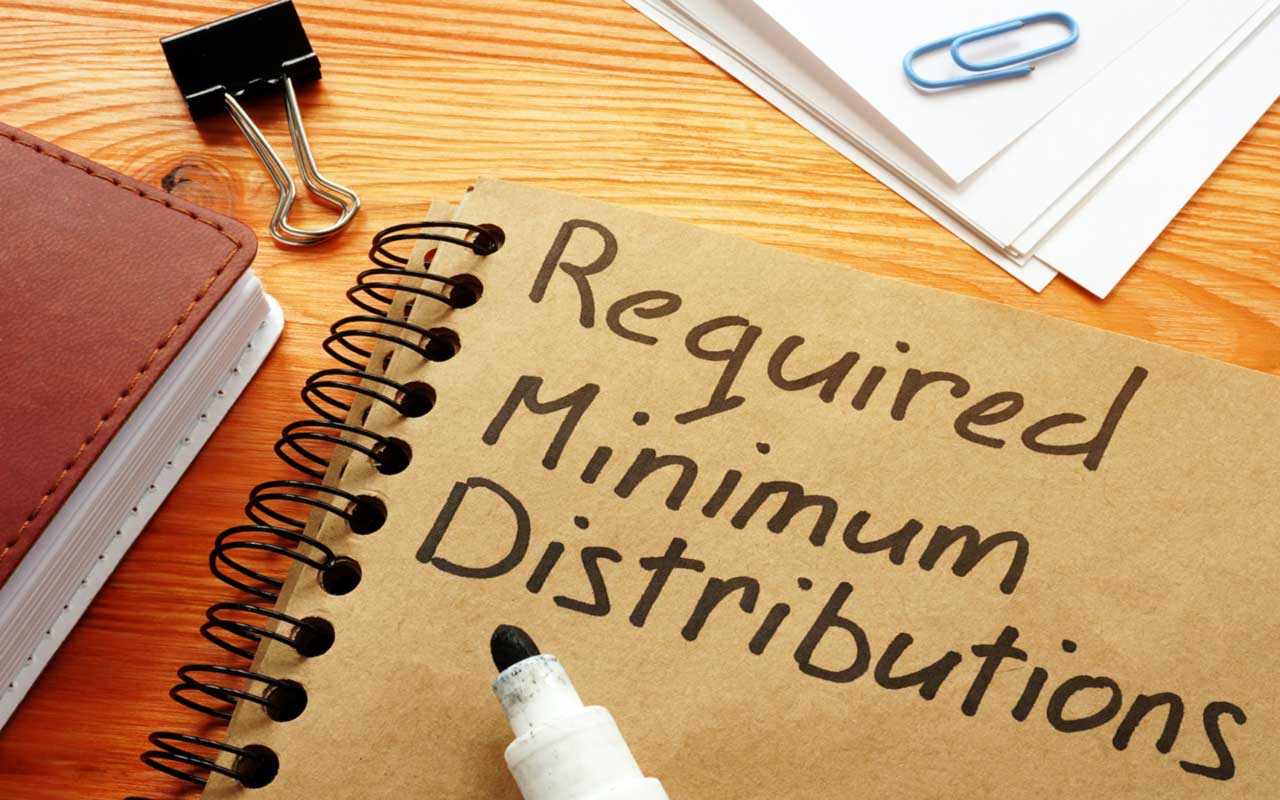
RMDs From Multiple IRAs and 401(k)s
Question: Are RMDs calculated the same way for distributions from multiple IRAs and multiple 401(k) plans?
Answer: No. There's one important difference if you have multiple retirement accounts. If you have several traditional IRAs, the RMDs are calculated separately for each IRA but can be withdrawn from any of your accounts. On the other hand, if you have multiple 401(k) accounts, the amount must be calculated for each 401(k) and withdrawn separately from each account. For this reason, some 401(k) administrators calculate your required distribution and send it to you automatically if you haven't withdrawn the money by a certain date, but IRA administrators may not automatically distribute the money from your IRAs.
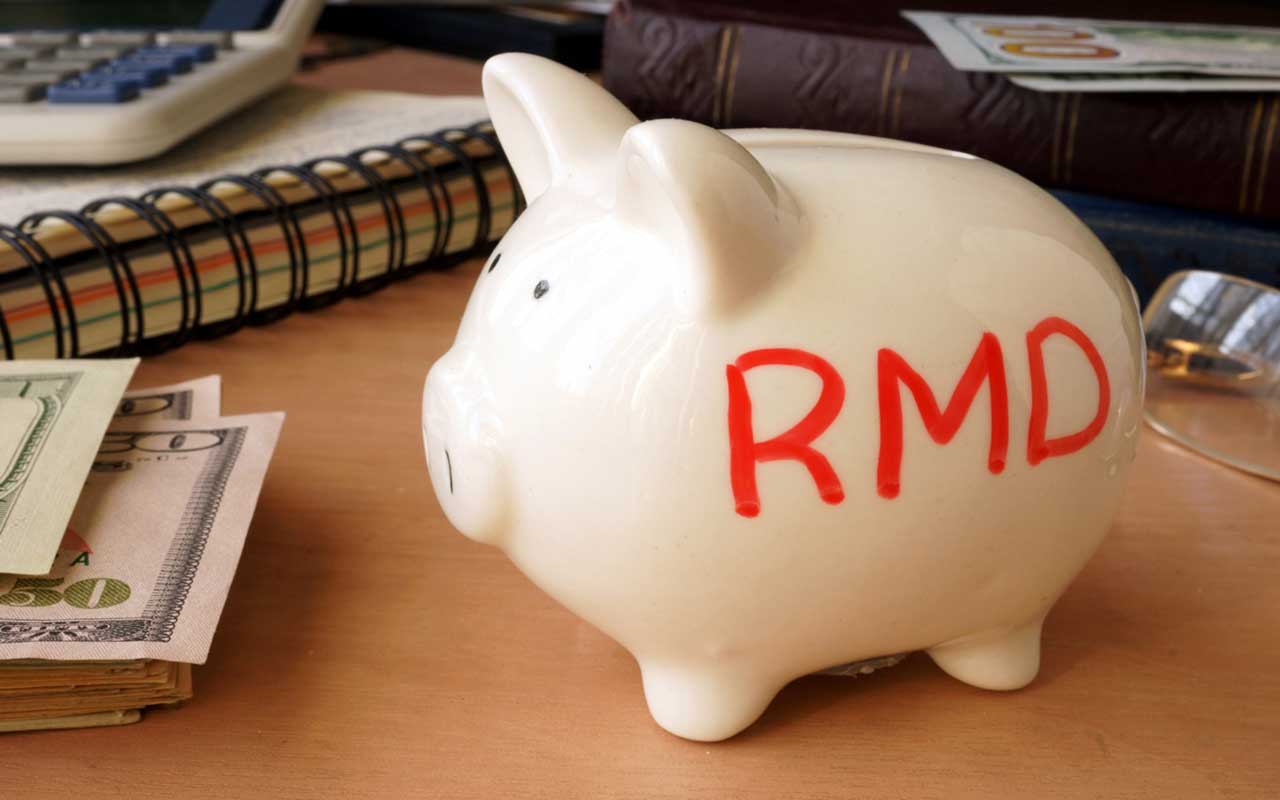
Due Date for Your First RMD
Question: Do you have to take your first RMD by December 31 of the year you turn 72?
Answer: No. Normally, you have to take RMDs for each year after you turn age 72 by the end of the year. However, you don't have to take your first RMD until April 1 of the year after you turn 72. But be careful — if you delay the first withdrawal, you'll also have to take your second RMD by December 31 of the same year. Because you'll have to pay taxes on both RMDs (minus any portion from nondeductible contributions), taking two RMDs in one year could bump you into a higher tax bracket.
It could also have other ripple effects, such as making you subject to the Medicare high-income surcharge if your adjusted gross income (plus tax-exempt interest income) rises above $91,000 if you're single or $182,000 if married filing jointly. (Note: Those are the income thresholds for determining 2022 surcharges.)

Taxation of Life Insurance Proceeds
Question: If your spouse dies and you get a big life insurance payout, will you have to pay tax on the money?
Answer: No. You have enough to deal with during such a difficult time, so it's good to know that life insurance proceeds paid because of the insured person's death are not taxable.

Estate Tax Threshold
Question: How valuable must an individual's estate be at death to be hit by federal estate taxes in 2021?
Answer: $12.06 million ($24.12 million or more for a married couple). If the value of an estate is less than the threshold amount, then no federal estate tax is due. As a result, federal estate taxes aren't a factor for very many people. However, that will change in the future. The 2017 tax reform law more than doubled the federal estate tax exemption threshold — but only temporarily. It's schedule to drop back down to $5 million (plus adjustments for inflation) in 2026.
If your estate isn't subject to federal taxes, it still might owe state taxes. Twelve states and the District of Columbia charge a state estate tax, and their exclusion limits can be much lower than the federal limit. In addition, six states impose inheritance taxes, which are paid by your heirs. (See 18 States With Scary Death Taxes for more details.)
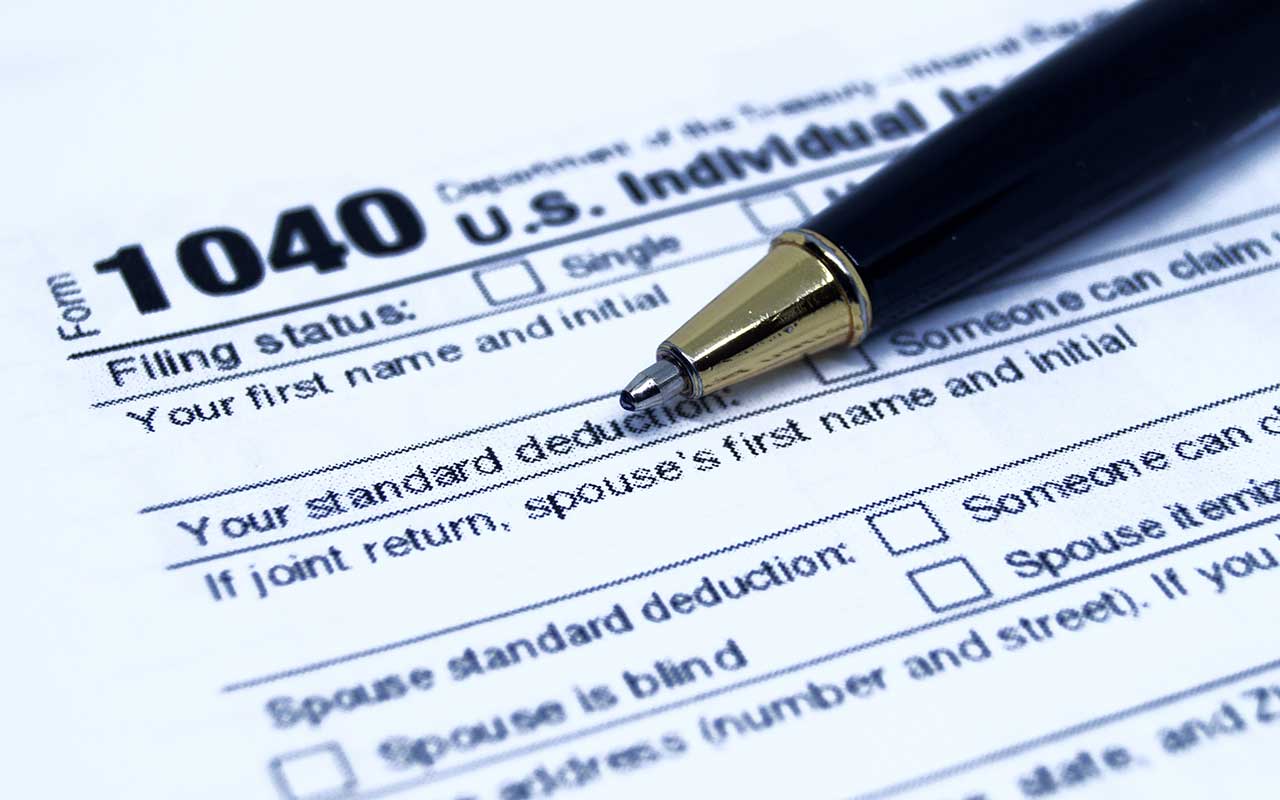
Standard Deduction Amounts
Question: If you're over 65, can you take a higher standard deduction than other folks are allowed?
Answer: Yes. For 2022, to the standard deduction for most people is $12,950 if you're single and $25,900 for married couples filing a joint tax return ($12,550 and $25,100, respectively, for 2021). However, those 65 and older get an extra $1,750 in 2022 if they're filing as single or head of household ($1,700 for 2021). Married filing jointly? If one spouse is 65 or older and the other isn't, the standard deduction increases by $1,400 ($1,350 for 2021). If both spouses are 65 or older, the increase for 2022 is $2,800 ($2,700 for 2021).
Profit and prosper with the best of Kiplinger's advice on investing, taxes, retirement, personal finance and much more. Delivered daily. Enter your email in the box and click Sign Me Up.
-
 Nasdaq Leads a Rocky Risk-On Rally: Stock Market Today
Nasdaq Leads a Rocky Risk-On Rally: Stock Market TodayAnother worrying bout of late-session weakness couldn't take down the main equity indexes on Wednesday.
-
 Quiz: Do You Know How to Avoid the "Medigap Trap?"
Quiz: Do You Know How to Avoid the "Medigap Trap?"Quiz Test your basic knowledge of the "Medigap Trap" in our quick quiz.
-
 5 Top Tax-Efficient Mutual Funds for Smarter Investing
5 Top Tax-Efficient Mutual Funds for Smarter InvestingMutual funds are many things, but "tax-friendly" usually isn't one of them. These are the exceptions.
-
 States That Tax Social Security Benefits in 2026
States That Tax Social Security Benefits in 2026Retirement Tax Not all retirees who live in states that tax Social Security benefits have to pay state income taxes. Will your benefits be taxed?
-
 What to Do With Your Tax Refund: 6 Ways to Bring Growth
What to Do With Your Tax Refund: 6 Ways to Bring GrowthUse your 2024 tax refund to boost short-term or long-term financial goals by putting it in one of these six places.
-
 What Does Medicare Not Cover? Eight Things You Should Know
What Does Medicare Not Cover? Eight Things You Should KnowMedicare Part A and Part B leave gaps in your healthcare coverage. But Medicare Advantage has problems, too.
-
 12 Great Places to Retire in the Midwest
12 Great Places to Retire in the MidwestPlaces to live Here are our retirement picks in the 12 midwestern states.
-
 15 Cheapest Small Towns to Live In
15 Cheapest Small Towns to Live InThe cheapest small towns might not be for everyone, but their charms can make them the best places to live for plenty of folks.
-
 15 Reasons You'll Regret an RV in Retirement
15 Reasons You'll Regret an RV in RetirementMaking Your Money Last Here's why you might regret an RV in retirement. RV-savvy retirees talk about the downsides of spending retirement in a motorhome, travel trailer, fifth wheel, or other recreational vehicle.
-
 The 24 Cheapest Places To Retire in the US
The 24 Cheapest Places To Retire in the USWhen you're trying to balance a fixed income with an enjoyable retirement, the cost of living is a crucial factor to consider. Is your city the best?
-
 The Six Best Places to Retire in New England
The Six Best Places to Retire in New Englandplaces to live Thinking about a move to New England for retirement? Here are the best places to land for quality of life, affordability and other criteria.
